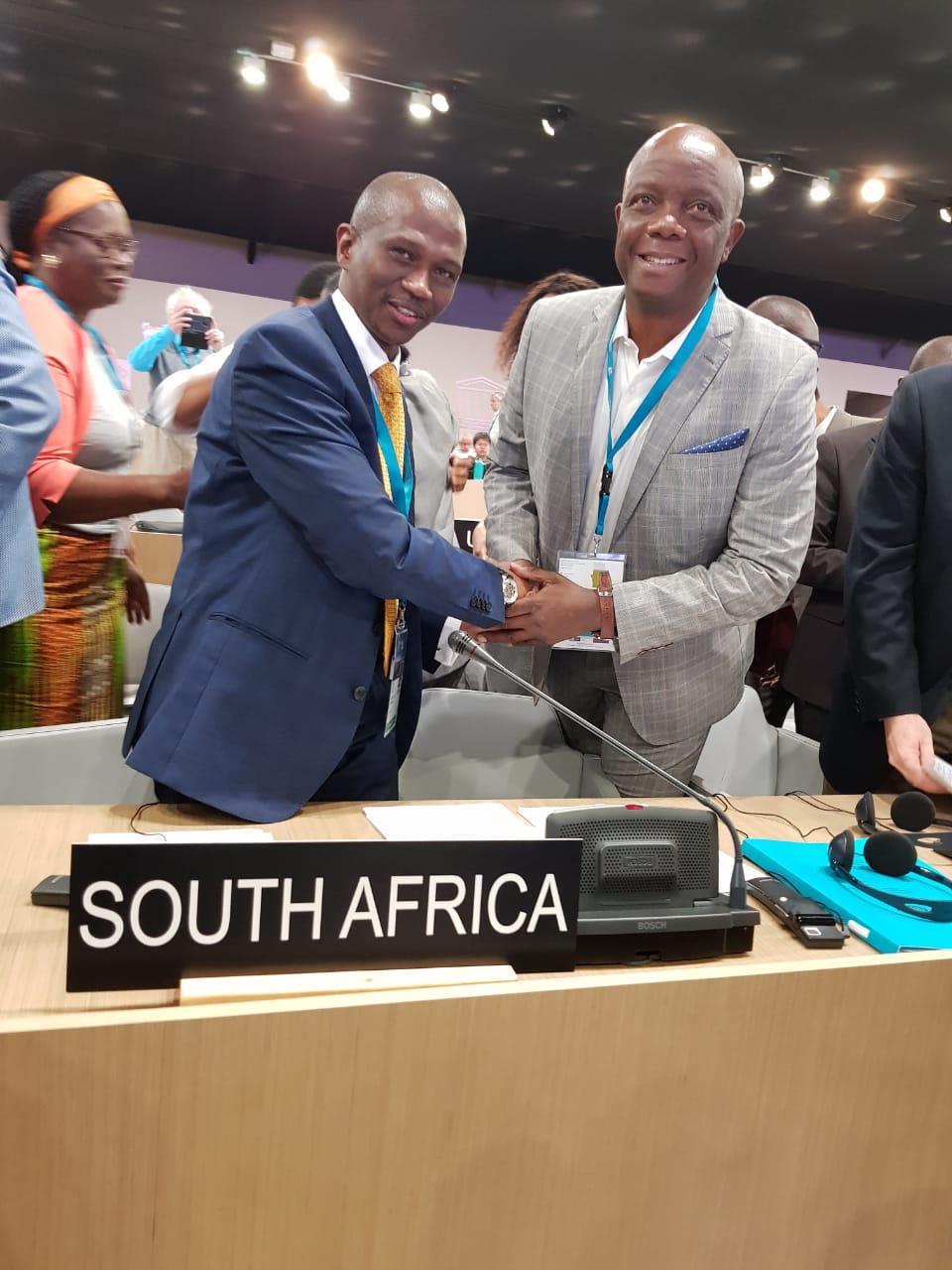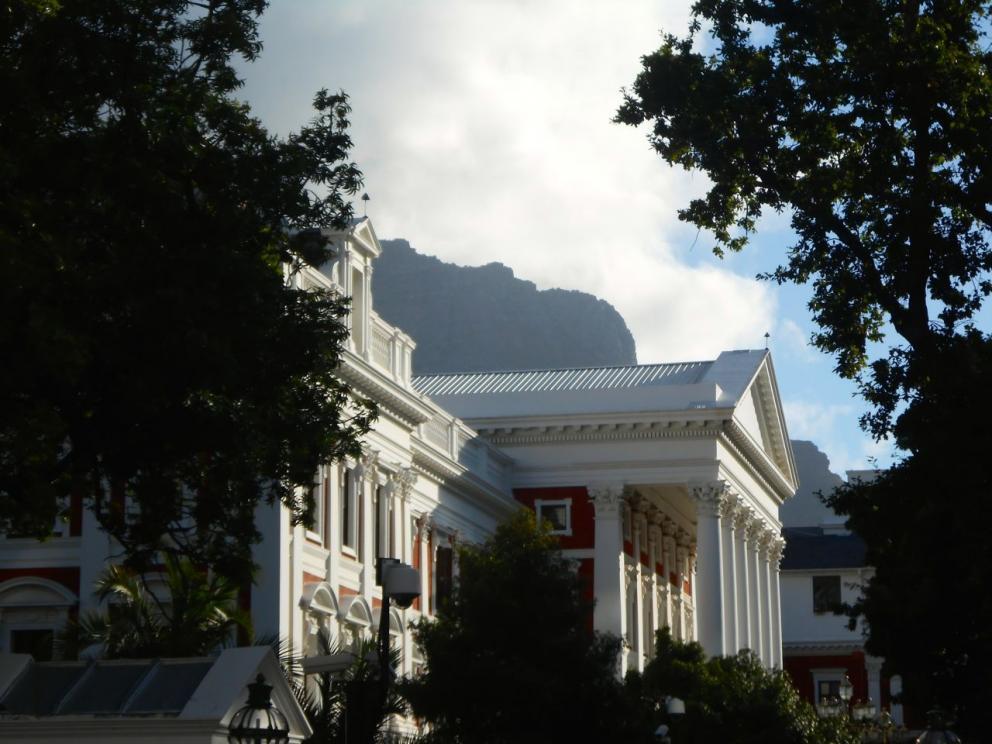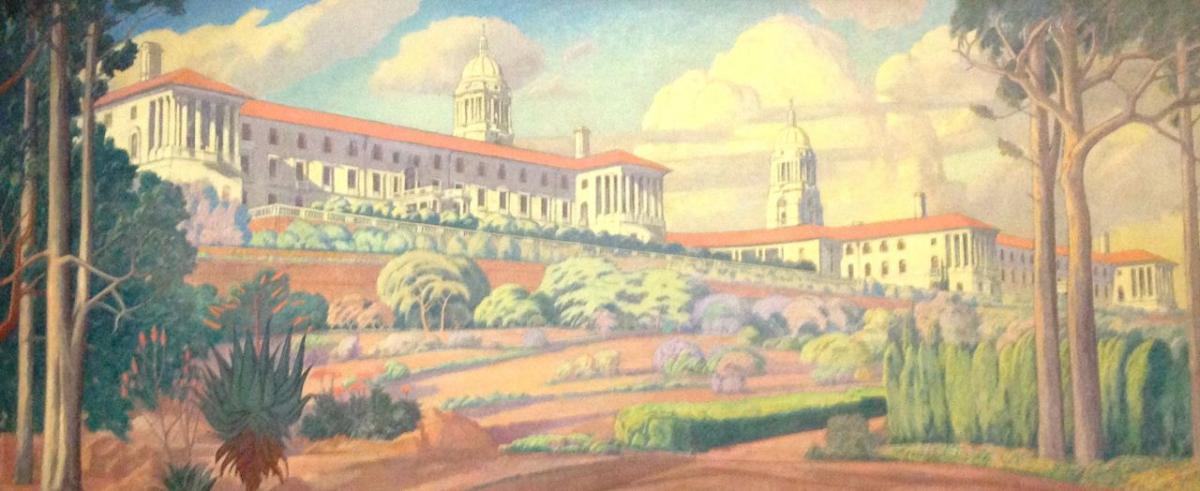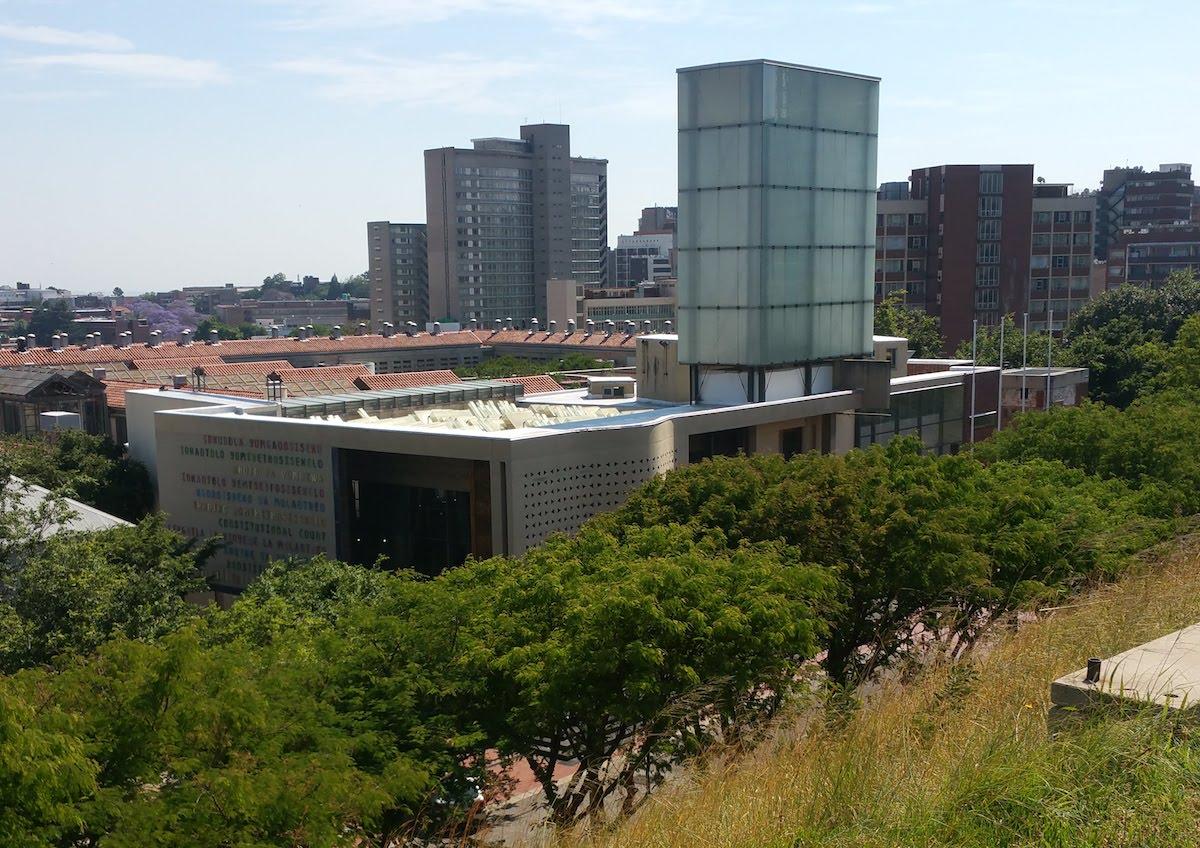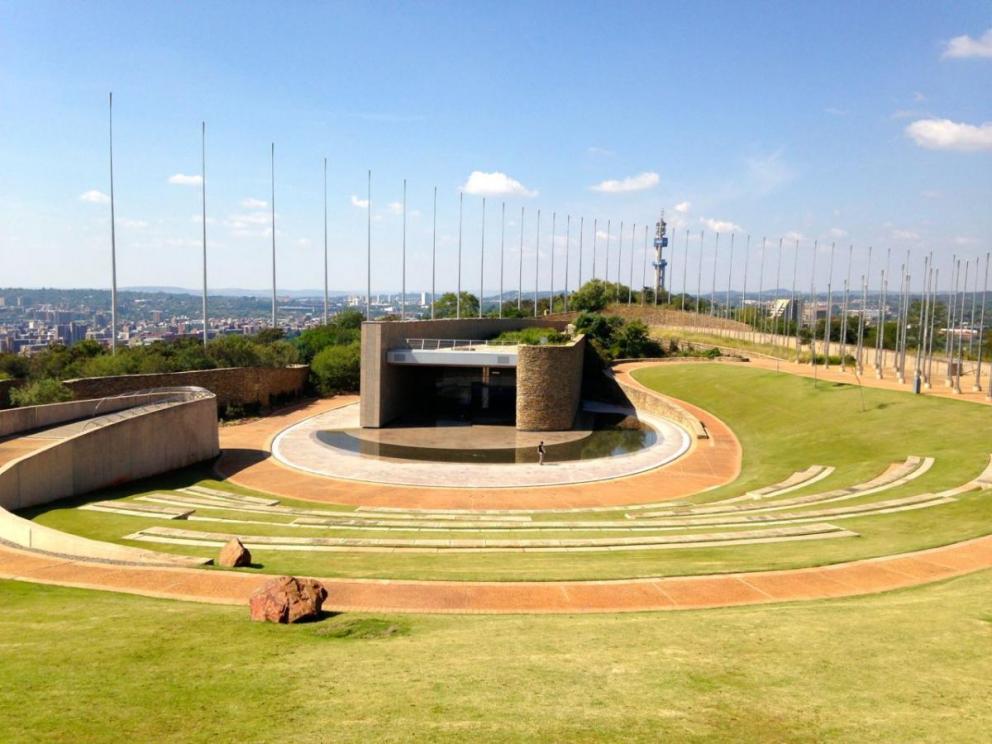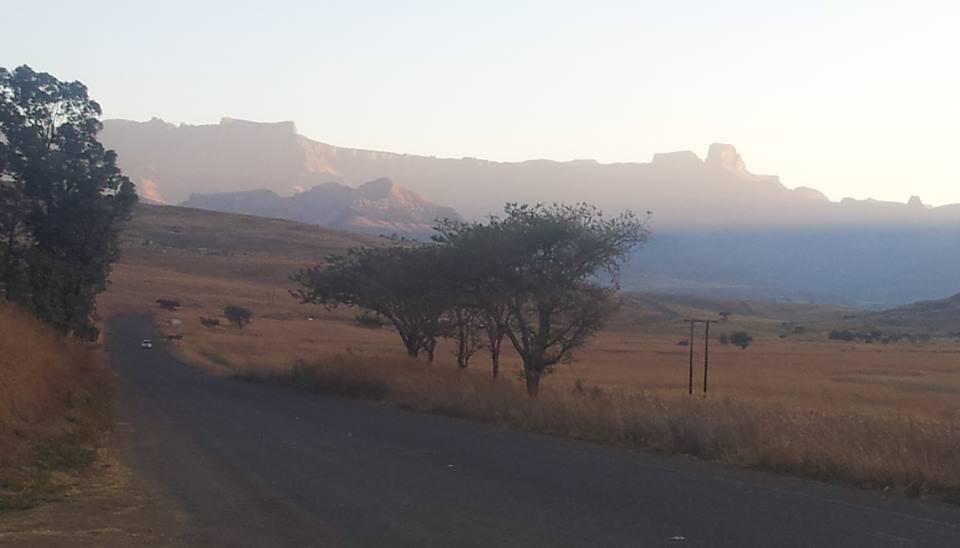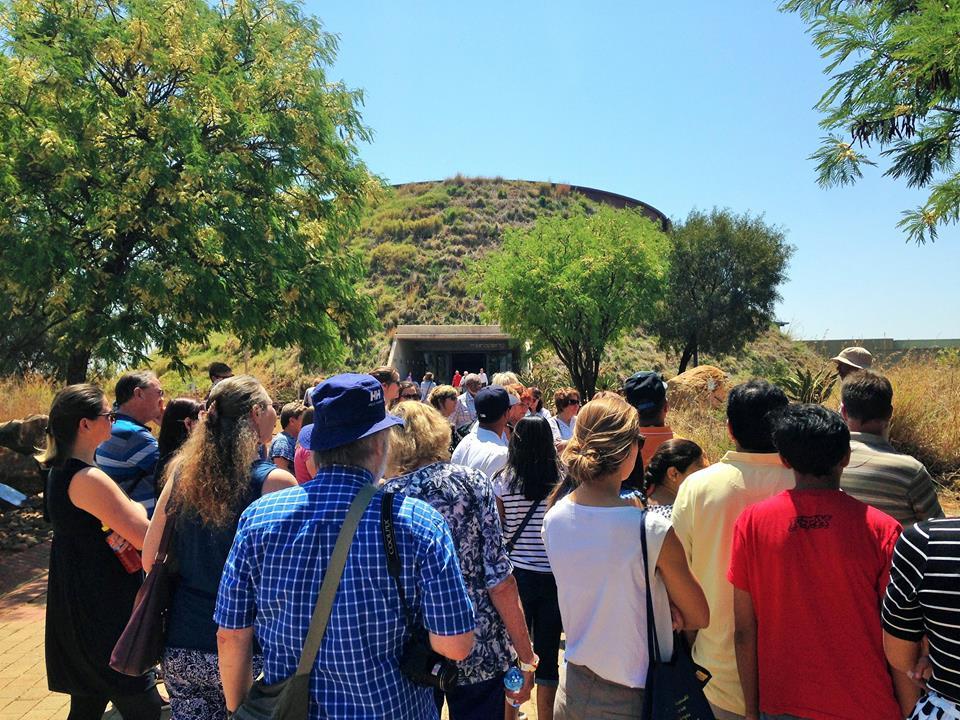
Disclaimer: Any views expressed by individuals and organisations are their own and do not in any way represent the views of The Heritage Portal. If you find any mistakes or historical inaccuracies, please contact the editor.
In the article below, journalist Lucille Davie chats to leading figures from South Africa's heritage community to unpack the meaning of the term heritage. The article was originally published on the Brand South Africa website on 25 September 2013. Click here to view more of Davie's work.
Heritage is a hugely complex and nebulous concept, with its meaning and relevance varying from person to person.
The National Heritage Council of South Africa (NHC) is embarking on a project to involve the public in defining the concept. It offers the following as a starting point: "Heritage is what is preserved from the past as the living collective memory of a people not only to inform the present about the past but also to equip successive generations to fashion their future. It is what creates a sense of identity and assures rootedness and continuity, so that what is brought out by dynamism of culture is not changed for its own sake, but it is a result of people's conscious choice to create a better life."
The NHC is a statutory body falling under the Department of Arts and Culture. It is responsible for the preservation of the country's heritage. Established in 2004, its vision is to "build a nation proud of its African heritage". To this end it sets out to "transform, protect and promote South African heritage for sustainable development".
"We are committed to make knowledge about our heritage available to the public," says NHC chief executive Sonwabile Mancotywa. "The country can build the pride of its people by at least appreciating our successes. The history that defines these successes of our nation is important to our heritage. These moments in history, the features of our nature and culture as well as the objects that signify gratifying and irreversible turning points in our lifetime, are permanent traits of our pride."
Sonwabile Mancotywa - right (National Heritage Council)
It aims to create public awareness of and promote education about heritage, and make funding available for projects that make heritage a socio-economic resource.
Professor Kathy Munro, honorary associate professor in the school of architecture and planning at Wits University, defines heritage as legacies from the past. She says heritage could be physical objects such as buildings or artefacts, or cultural such as language or customs, or books, or songs, or shared traditions. "There are many different forms of heritage, depending on the discipline, for example, science, culinary, literary, architectural, musical, etc." She emphasises that heritage is not the same as history. "Heritage is broader and sometimes less analytical in approach and recognition than history. History is about interpretation and the survival of documentation or written evidence; heritage is about identity."
Professor Muxe Nkondo of the NHC says we should look to the Constitution to define heritage. The six freedoms in the Constitution should be the basis of our heritage: freedom and security of the person; freedom of religion, belief and opinion; freedom of expression; freedom of association; freedom of movement and residence; freedom of trade, occupation and profession. "We should celebrate those who fought for our freedom – those values and principles are our heritage. We should remember things in our past that embody the best things of our past." He stresses that all South Africans should decide what is best about our past, not just parliamentarians.
Unique and precious
In its preamble, the National Heritage Resources Act of 1999 states that our heritage is unique and precious and cannot be renewed. "It helps us to define our cultural identity and therefore lies at the heart of our spiritual well-being and has the power to build our nation. It has the potential to affirm our diverse cultures, and in so doing shape our national character."
It has a healing quality too, states the Act. It celebrates our achievements and contributes to redressing past inequities. It also educates by deepening our understanding of society and encourages us to empathise with the experiences of others. "It facilitates healing and material and symbolic restitution and it promotes new and previously neglected research into our rich oral traditions and customs."
And, says Munro, our heritage is constantly being created. She cites as an example our new flag. "[It is] an enormously success[ful] point of new identity for post-1994 South Africans. Heritage is created through growing awareness of the presence and survival of past legacies, artefacts, objects."
National estate
The Act indicates that our heritage is part of the national estate – the listing of all our heritage resources – which may include a range of objects:
- Places, buildings, structures and equipment of cultural significance;
- Places to which oral traditions are attached or which are associated with living heritage;
- Historical settlements and townscapes;
- Landscapes and natural features of cultural significance;
- Geological sites of scientific or cultural importance;
- Archaeological and palaeontological sites;
- Graves and burial grounds;
- Sites of significance relating to the history of slavery in South Africa; and,
- Movable objects like ethnographic art, military objects, decorative or fine art objects, books, records, documents, photographic positives and negatives, film or video material, or sound recordings.
The national estate may include a place or object that has cultural significance or other special value because of its importance in the community; its possession of uncommon, rare or endangered aspects of South Africa's natural or cultural heritage; its potential to yield information that will contribute to an understanding of South Africa's natural or cultural heritage; its strong or special association with a particular community or cultural group for social, cultural or spiritual reasons; its strong association with the life or work of a person, group or organisation of importance in the history of South Africa; and sites of significance relating to the history of slavery in South Africa.
Heritage resources
A heritage resource is any place or object of cultural significance, according to the Act. "Heritage resources have lasting value in their own right and provide evidence of the origins of South African society and as they are valuable, finite, non-renewable and irreplaceable they must be carefully managed to ensure their survival," it indicates.
It goes further to state that heritage resources "contribute to research, education and tourism and they must be developed and presented for these purposes in a way that ensures dignity and respect for cultural values".
Furthermore, the identification and management of heritage resources must take account of cultural values and indigenous knowledge systems, involving the least possible alteration or loss of them. The use and enjoyment of and access to heritage resources, consistent with their significance and conservation needs, must be promoted. These resources must be fully researched, documented and recorded for use by present and future generations.
Heritage criteria
The Act gives criteria that can be used to judge the heritage significance of an object: social and cultural significance; historical; archaeological; architectural; aesthetic; scientific and technological; group and relationship; and landmark significance. To judge the significance of our heritage, the Act specifies a three-tiered management system. The South African Heritage Resources Agency has overall responsibility for heritage resources of national significance. Each province has a provincial heritage resources authority, to manage resources within the province. And, on a local level, municipalities are responsible for managing and protecting heritage resources worthy of conservation.
The provincial authorities are obliged to develop registers of heritage sites and investigate their cultural significance, and will look to local authorities for relevant heritage information.
Regarding buildings, general protection is given to all buildings older than 60 years. A permit is required for alteration or demolition of buildings older than 60 years. This does not mean that all buildings over 60 years are worthy of preservation – they have to have cultural, historical or architectural significance. Examples of these are Mandela House in Soweto, Robben Island Prison, Houses of Parliament in Cape Town, Union Buildings in Pretoria, the Fort in Cape Town, or Liliesleaf Farm buildings in Johannesburg.
Parliament (The Heritage Portal)
Pierneef painting of the Union Buildings
Alternatively, buildings younger than 60 years may have great historical importance, and should therefore be preserved. Examples include the Constitutional Court in Johannesburg, Apartheid Museum and Hector Pieterson Museum, both in Johannesburg, and Freedom Park outside Pretoria.
Constitutional Court (The Heritage Portal)
The amphitheatre at Freedom Park (The Heritage Portal)
Importance of heritage
The importance of heritage cannot be underestimated. It affects land use applications and building plan approvals, and therefore needs to be co-ordinated with development planning, building control, law enforcement and other functions.
In addition, there are economic benefits to pursuing a proactive preservation policy. Building rehabilitation outperforms manufacturing and new construction when it comes to job creation, as well as creating a capital asset in the form of the rehabilitated building. Secondly, heritage tourism is the fastest growing segment of the tourism industry. Heritage tourists should be encouraged as they visit more places, stay longer and spend more money than other tourists.
There are still other benefits – historic properties can play a role in providing housing which is affordable, safe and attractive. In addition, small businesses often find the quality accommodation at reasonable prices offered by rehabilitated buildings ideal.
"Heritage is positioned as an agent of social change, reconstruction and development," says Eric Itzkin, the deputy director of immovable heritage in Johannesburg. Certainly the preservation of buildings in downtown Joburg is a key element in the revitalisation of the city, as well as in providing necessary jobs.
In the City of Johannesburg's 2004 policy document, Itzkin wrote: "Heritage is widely acknowledged to have an important potential as a catalyst for development. Johannesburg's heritage resources should therefore be marshalled in support of the City's long-term development goals and 2030 Strategy. The challenge is not only to preserve historic resources, but also to use them as positive instruments for growth and change."
World Heritage sites
South Africa has been recognised by Unesco, the United Nations Educational, Scientific and Cultural Organisation, which has declared eight World Heritage Sites in the country, reflecting its rich natural resources and incredible beauty. Four of South Africa's World Heritage Sites are classified as cultural, three as natural and one as a mixed cultural and natural site.
The three natural heritage sites are the iSimangaliso (formerly the Greater St Lucia) Wetland Park in KwaZulu-Natal; the Cape Floral Region in Western Cape; and the Vredefort Dome in Free State. The four cultural sites are the Mapungubwe Cultural Landscape in Limpopo; Robben Island off Cape Town; the Cradle of Humankind in Gauteng and North West; and the Richtersveld Cultural and Botanical Landscape in Northern Cape. The uKhahlamba Drakensberg Park in KwaZulu-Natal is the mixed cultural and natural site, with both the highest mountain range in Africa south of Kilimanjaro and the continent's finest concentration of Bushmen rock art.
Drakensberg Amphitheatre (The Heritage Portal)
Maropeng Visitors Centre in the Cradle of Humankind (The Heritage Portal)
The NHC is on a drive to get people involved in defining their heritage, and reflecting on what needs to be remembered and what forgotten, and who should speak for the past. Perhaps the University of Massachusetts in the US sums it up best: "Heritage is an essential part of the present we live in – and of the future we will build."
Lucille Davie has for many years written about Jozi people and places, as well as the city's history and heritage. Take a look at lucilledavie.co.za
Comments will load below. If for any reason none appear click here for some troubleshooting tips. If you would like to post a comment and need instructions click here.

